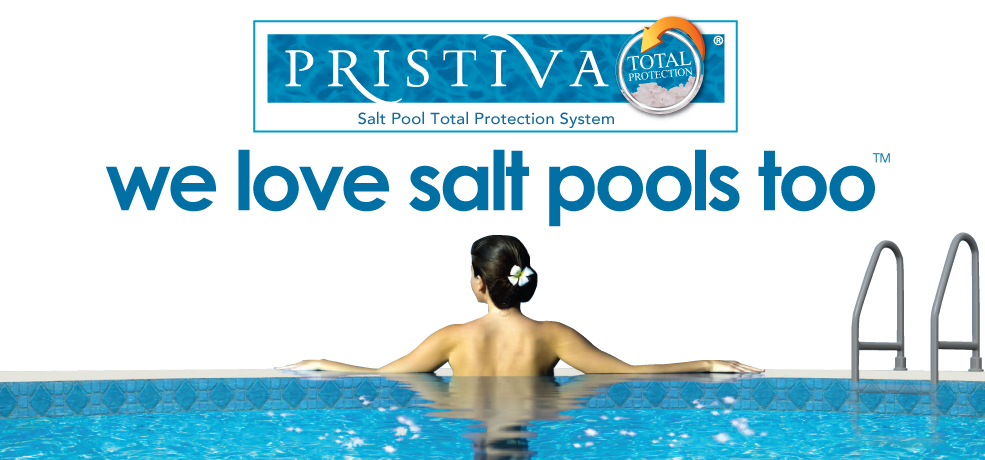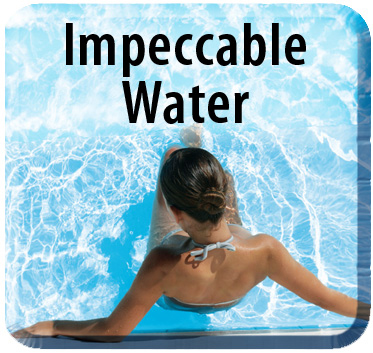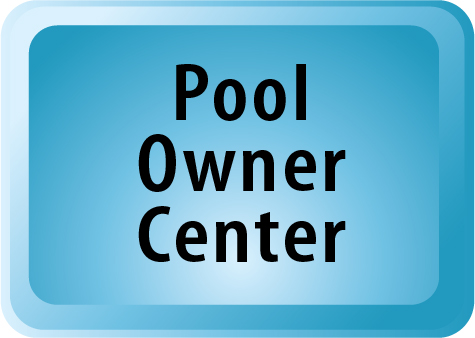Frequently Asked Questions > Salt Water Pool Operation > Why is water balance so important in salt pools?

Search the FAQ for entries containing:
Actually, water balance is very important in all types of pools as chlorine performs best within a certain pH range and your pool equipment and finishes are better protected and preserved in properly balanced pool water. The primary considerations for water balance are pH, calcium hardness and alkalinity. One of the most critical variables and most likely to fluctuate is pH in any type of pool. The term pH reflects a water’s tendency to be alkaline (scale forming) if it is high (above 7.5) or acidic (corrosive) if it is low (below 6.5). The chart shows how the pH range works and the ideal levels for pools. However, for a pool to have truly balanced water that is neither corrosive nor scale forming, the factors of calcium hardness and alkalinity also have to be taken into consideration. By far, the easiest way to keep a pool balanced is to take a water sample to your professional dealer at regular intervals to have the complete water balance checked and corrective measures explained.
Water that is scale forming can be a particular problem for the salt water pools because the conditions inside the ECG create a scale forming environment inside the cell even when the overall pool water is properly balanced. This is why not only should the pH be routinely checked and adjusted by the pool owner but also an effective scale preventing product made just for salt water pools such as Pristiva® should be used.
On the other side of the water balance equation is corrosive water which can damage pool finishes, heaters and other metal components in a swimming pool. The primary cause of corrosion is low pH and low calcium hardness. These conditions can cause costly repairs that are unnecessary when the pool is kept properly balanced. Only Pristiva® contains corrosion inhibitors that help protect pools against the effects of corrosion.
With Pristiva, giving your pool added protection against both scaling and corrosion is very easy. By adding Primer® at the beginning and end of the swimming season and using ActivatorTM whenever additional salt is required, you are providing your pool and your ECG with the very best protection available. Both Primer and Activator contain the proper dosages built into them for protecting against scale build up, corrosion and premature ECG failure.
As far as routine home water testing for salt pools, the pool owner should test their pH poolside at least twice weekly with their own test kit; their salt levels every 2-3 weeks with their own preferred testing method; and their stabilizer and their overall water balance about once a month by a professional pool dealer. A pool owner who follows this routine will rarely find themselves far out of line whether it is a salt pool or a regular chlorine pool.




